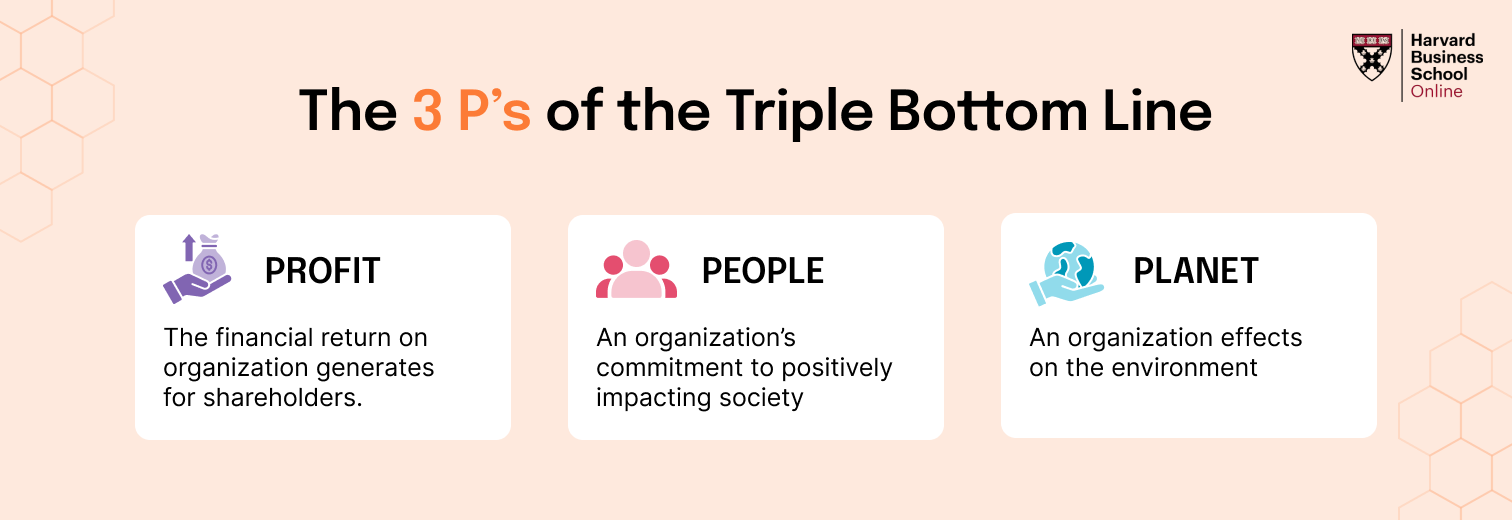The shift from being an individual contributor to a managerial role is both an exciting and challenging experience. For many new managers, the initial excitement of stepping into a leadership position is quickly followed by the realization that the success of a team depends on much more than just completing tasks. As a new manager, you’re expected to lead, inspire, guide, and drive your team to achieve organizational goals. You will make critical decisions, balance competing priorities, and navigate through a variety of workplace dynamics.
However, this transition requires a new set of skills that extend beyond technical expertise. To be successful in a managerial role, new managers must develop leadership capabilities, interpersonal communication, problem-solving abilities, and more. This blog post will explore the top skills that every new manager should focus on to excel in their role, drive team performance, and ensure overall organizational success.
Key Skills for New Managers
Table of Contents
1. Leadership and Decision-Making
Leadership is the cornerstone of any managerial position. A good manager doesn’t just oversee tasks; they lead by example, set a vision, and inspire the team to achieve collective success. Leadership involves motivating and empowering employees to perform at their best. A leader in the workplace also builds trust, communicates effectively, and ensures that team members feel valued.
Decision-making is equally critical. As a manager, you will make decisions on a daily basis – some are straightforward, while others are complex and carry significant consequences. The ability to make informed, timely decisions is essential for keeping your team aligned and productive.
The key to success here lies in understanding different leadership styles (such as transformational, transactional, and democratic) and knowing when to apply each one. Decision-making requires careful analysis of available data, assessing risks, and considering the long-term impact on the team and organization.
Key Takeaway:
Great managers master leadership by practicing empathy, aligning decisions with team and organizational goals, and ensuring the team remains motivated and engaged.
2. Performance Management
One of the most crucial responsibilities of a manager is ensuring that their team is performing at a high level. As a new manager, it’s important to create a culture of continuous improvement by setting clear performance goals and regularly tracking progress.
Performance management involves not just monitoring results, but providing constructive feedback that helps employees grow professionally. New managers need to know how to provide feedback that is both positive and developmental. Constructive feedback should focus on behaviors and outcomes, rather than personal traits, to promote better engagement and accountability.
Equally important is recognizing and rewarding high performers, which motivates the team and maintains a positive environment. However, performance management also involves addressing performance issues effectively. Managers need to approach these situations with empathy and focus on finding solutions rather than placing blame.
Key Takeaway:
Performance management is a continuous process. Learn to set clear expectations, monitor progress regularly, and provide feedback that motivates team members toward success.
3. Effective Communication
Communication is arguably one of the most critical skills for any manager. As a new manager, you must be able to clearly convey your expectations, ideas, and feedback. Whether it’s a formal meeting, an email, or a casual conversation, your communication should always be clear, concise, and purposeful.
Equally important is active listening. A great manager doesn’t just talk – they listen, understand, and respond appropriately. By listening actively to your team, you foster open communication, which in turn promotes trust and transparency.
Moreover, handling difficult conversations is an essential part of communication for managers. Whether it’s delivering bad news, addressing performance issues, or mediating conflicts, managing these conversations with tact and professionalism is essential for maintaining a healthy team dynamic.
Key Takeaway:
Good communication is about more than just delivering messages: it’s about creating an open space for feedback, listening to team concerns, and promoting transparency.
4. Conflict Resolution
Conflicts are inevitable in any workplace. Disagreements over projects, ideas, or personalities can arise among team members, and as a manager, you need to address these conflicts promptly and effectively. If not addressed, conflicts can escalate and affect productivity and morale.
Effective conflict resolution involves:
– Identifying the root cause of the conflict early.
– Listening to all parties involved in the conflict.
– Facilitating open dialogue to resolve the issue and find mutually agreeable solutions.
– Maintaining impartiality and ensuring fairness throughout the resolution process.
Conflict resolution skills not only help in managing disputes but also help foster a culture of respect and collaboration. A good manager addresses issues early, providing support to employees while finding solutions that maintain team harmony.
Key Takeaway:
Conflict resolution requires empathy and patience. View conflict as an opportunity for growth and improved team dynamics, rather than something to be avoided.
How FocusU’s Program Addresses These Skills
FocusU’s comprehensive manager training program is designed to help new managers hone the essential skills needed to succeed. Here’s how we can equip you with the tools and techniques to enhance your leadership effectiveness:
Leadership Workshops
FocusU’s Leadership Development Program provides managers with a deep dive into various leadership styles and decision-making frameworks. Through practical exercises and real-world simulations, managers can refine their leadership skills and learn how to motivate teams, handle challenges, and drive results effectively.
Performance Management Modules
Our Performance Management Courses offer managers the tools to set clear performance goals, provide feedback, and evaluate team progress. These modules help you manage performance challenges constructively, ensuring that both individual and team growth are prioritized.
Communication Training
Through our Effective Business Communication program, managers will develop the skills needed to communicate with clarity and impact. This training covers active listening, conflict resolution, and providing feedback in ways that are both supportive and effective.
Conflict Resolution Sessions
FocusU’s Conflict Management Training equips managers with practical tools to address and resolve conflicts within teams. By using role-playing scenarios and case studies, managers can practice conflict resolution in a safe and supportive learning environment.
Emotional Intelligence Development
Our Conscious Leadership Program focuses on emotional intelligence, helping managers develop self-awareness, empathy, and emotional agility. These skills are crucial for navigating difficult situations and maintaining positive team dynamics.
Adaptability and Resilience
FocusU’s Manager Capability Development program helps managers stay agile and responsive to change. With a focus on building resilience, adaptability, and decision-making capabilities, these workshops help managers thrive in dynamic business environments.
Coaching and Mentoring Skills
The Coaching for Performance program teaches managers how to coach their team members to improve their performance and enhance their career development. Through mentorship and guidance, managers can build a high-performing, supportive team culture.
Conclusion: Preparing New Managers for Success
Transitioning into a managerial role is a multifaceted challenge. New managers need to focus on developing a wide range of skills, from leadership and decision-making to emotional intelligence and conflict resolution. By investing time and effort into developing these essential skills, managers can create a positive work environment, build high-performing teams, and contribute to the overall success of the organization.
At FocusU, we understand the complexities of being a new manager. That’s why we’ve designed our training programs to provide you with the tools and resources you need to succeed. Whether it’s leadership, communication, performance management, or conflict resolution, we provide comprehensive solutions to help new managers thrive in their roles.
Final Takeaway:
Great managers aren’t born, they’re made. By continually investing in your development, learning from others, and refining your leadership skills, you’ll be able to guide your team to new heights and ensure organizational success.









